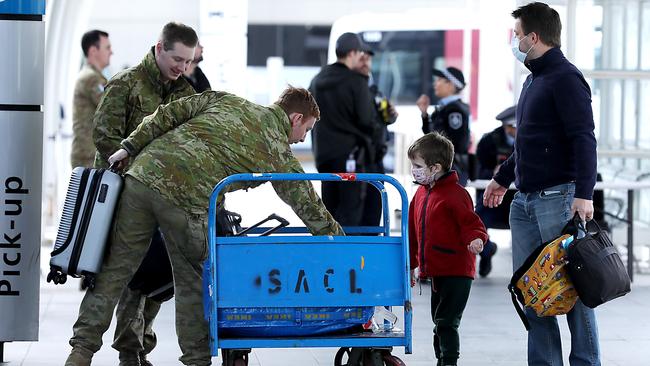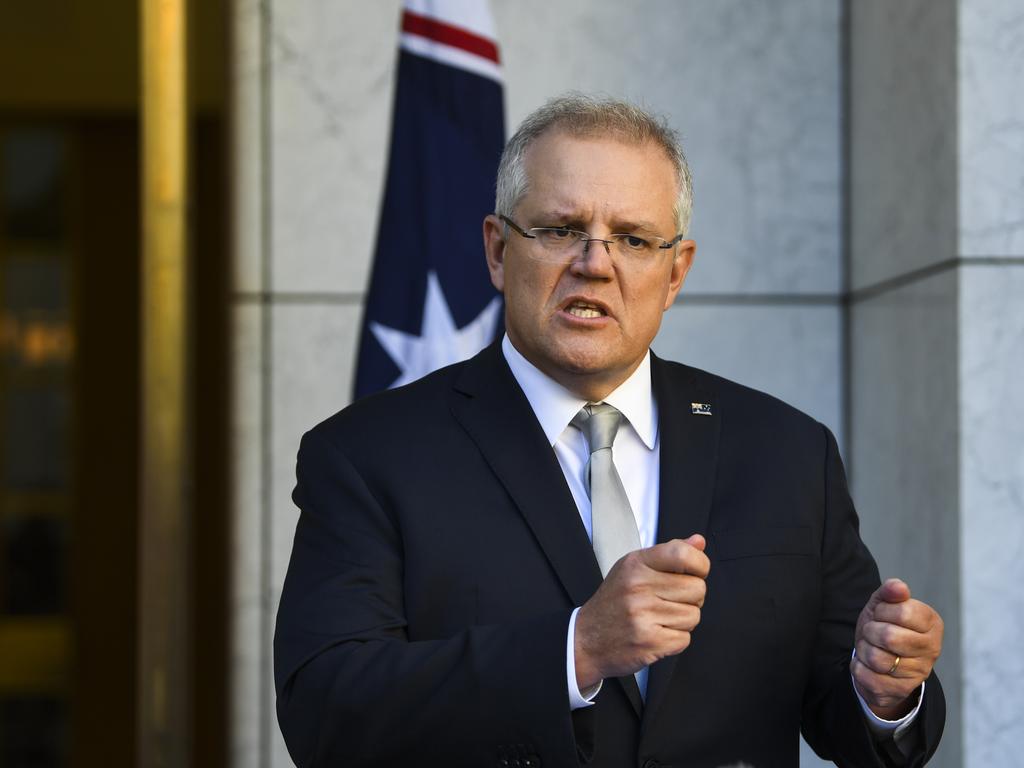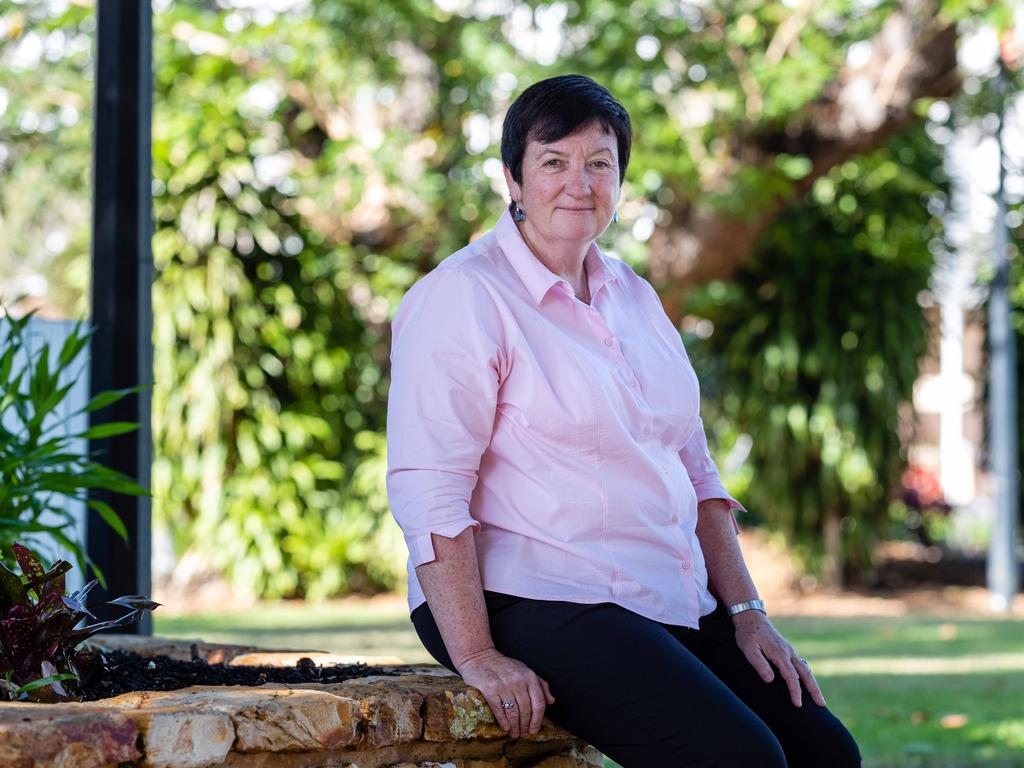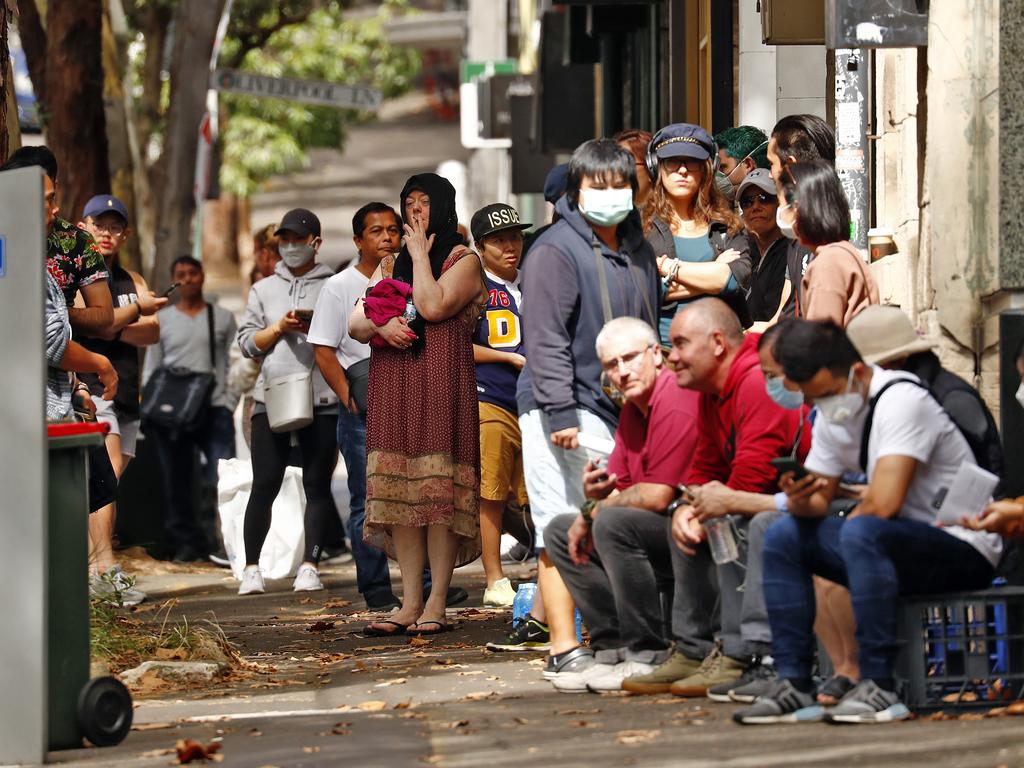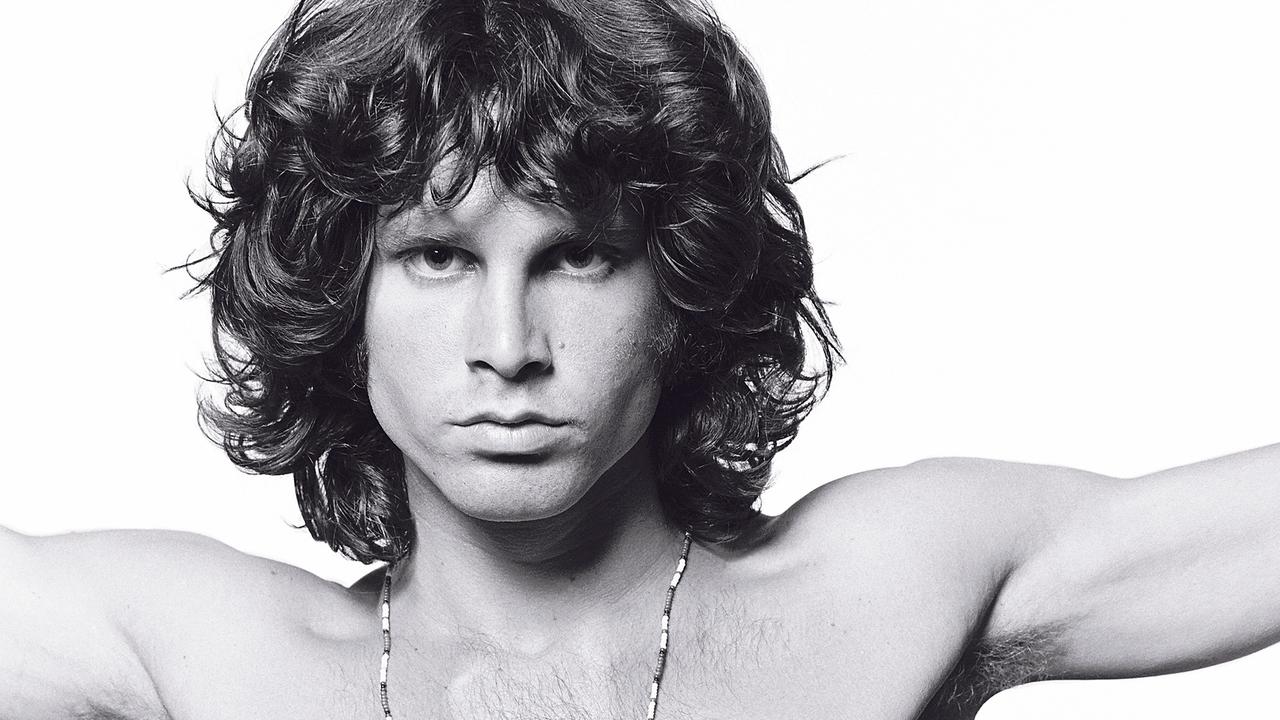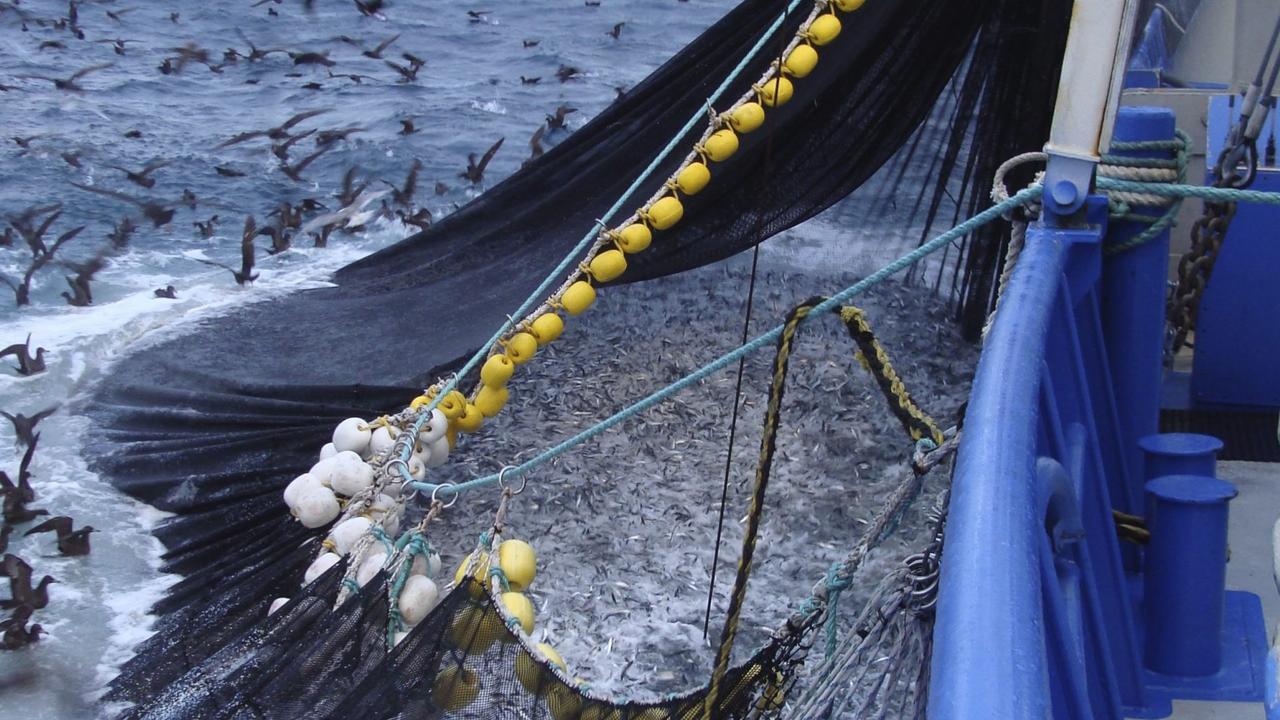ADF on coronavirus war footing as lockdown threat builds
The Defence Force deployed to Melbourne as part of a blitz aimed at the nation’s most ‘concerning’ outbreak in 3 months.
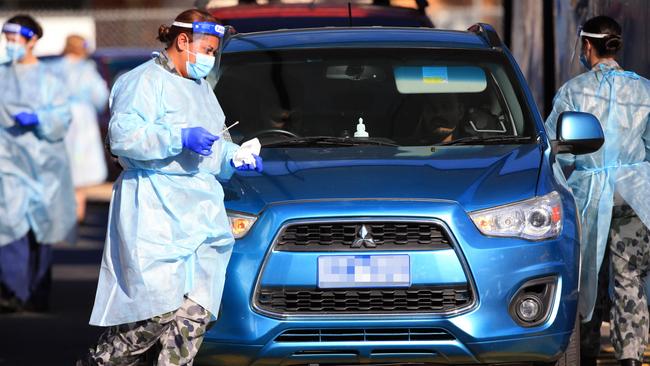
The Australian Defence Force has been deployed to Melbourne coronavirus hotspots as part of a testing blitz aimed at suppressing the nation’s most “concerning’’ COVID-19 outbreak over the past three months.
More than 40,000 tests were carried out at the weekend at pop-up clinics and mobile testing booths, while health workers also went door to door offering testing as Victoria reported 49 new cases on Sunday and 41 on Saturday — the highest number of cases in the past 12 weeks.
Queensland and South Australia on Sunday said they were watching the rise in Victorian COVID-19 infections, which could have an impact on whether they proceeded with plans to fully reopen their borders.
Victorian Premier Daniel Andrews announced a toughening of the state’s quarantine regime and said stay-at-home orders could be reimposed on virus hotspots if the health advice determined they were necessary. This could lead to people being fined for leaving home unless conducting an “essential’’ activity.
A decision on whether to impose further localised restrictions will be made early this week, after the blitz on the 10 Melbourne suburban hotspots, which has been assisted by hundreds of ADF personnel.
Mr Andrews expressed concern that some people had been acting as though the virus was no longer an issue. But he declined to comment on revelations, reported in The Australian, that a family Eid celebration had been linked to one of the largest family clusters.
“We’ve had outbreaks from people who have returned from Aspen … we’ve had outbreaks at very large weddings and hospitality venues. We’ve had outbreaks at a family level,” he said.
“The latest challenge is in larger families in a particular geographic part of the city, and that’s why we are going door to door to speak to them, to encourage them to get tested and … and to change some of the personal habits that they’ve always exhibited. Big families getting together with other big families makes for very large gatherings … if someone is unwell, lots of people leave that gathering positive.”
Latest traffic data has revealed that residents of two major virus hotspots — the municipalities of Hume and Casey on Melbourne’s outer fringe — have been particularly mobile since the start of June.
Hume suburbs Sunbury, Campbellfield, Mickleham and Somerton recorded some of the biggest traffic increases across Melbourne. Casey, Lyndhurst, Doveton and Wollert — home to an ongoing outbreak — also experienced surging traffic volumes.
Of Sunday’s cases, one is a staff member of the Stamford Plaza Hotel, where returned travellers have been held in quarantine, while three are linked to family outbreaks.
The remaining coronavirus cases are still under investigation, but it is expected more will be linked to clusters.
Federal Health Minister Greg Hunt on Sunday described the state’s latest case numbers as “a matter of genuine concern”.
“The commonwealth stands ready to assist in response to any requests from Victoria,” he said.
Victoria’s Chief Health Officer Brett Sutton said further restrictions were under consideration, but it was too soon to know whether the recent decision to scale back the number of visitors to private residences, as well as limit the size of outdoor gatherings, had curtailed transmission.
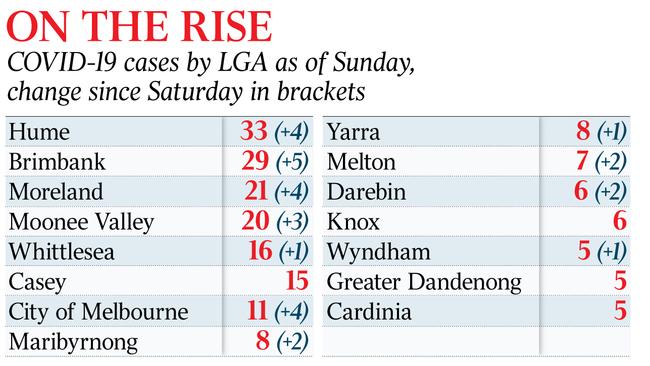
“Certainly, numbers today are big and they have increased day on day, but we really need to wait five or six days to see in the numbers the effects of whatever interventions you have made,” Professor Sutton said. “If it continues to increase, I think those are the circumstances where you think about an additional intervention, and especially if it is localised.”
Other states are closely monitoring the Victorian situation, which has been likened to a “bushfire” emergency in recent days.
The Victorian government introduced mandatory testing for returned travellers staying in hotel quarantine, due to a large number of people refusing tests. From Sunday, those who refuse a COVID-19 test will have their 14-day quarantine period extended to 24 days.
The toughened quarantine regime came as the number of worldwide COVID-19 infections passed 10 million on Sunday.
The Australian Health Protection Principal Committee has subsequently advised that people should avoid travelling to and from those areas until community transmission is under control. The state currently has 231 active cases, of which 33 are in Hume, 29 in Brimbank and 15 in Casey.
Mr Andrews warned that the virus, and its impact on everyday life, would be with us for a long time: “If we have to further limit movement in some of those suburbs — for instance, a stay-at-home order much like we all as a community had to endure for what felt like the longest of times — if that is deemed the appropriate public health response, then that is what we will do,” the Premier said.
South Australian Premier Steven Marshall said on Sunday he was concerned with the rise in COVID-19 cases in Victoria and would not open the border on July 20 as planned if “it’s going to set (SA) backwards”.
Queensland Premier Annastacia Palaszczuk said the Victorian outbreak would be a factor in Tuesday’s decision about the state’s scheduled border reopening on July 10.
Ms Palaszczuk said she would consider a reopening similar to the Northern Territory, where travellers from “hotspot” areas, such as Melbourne, would have to quarantine for two weeks at their own cost. The NSW government said it had no plans to close the state‘s 50 border crossings with Victoria. Asked if NSW would introduce a 14-day quarantine period for Victorians arriving from the state’s virus hotspots, a spokeswoman for NSW Premier Gladys Berejiklian said: “The NSW government is in constant receipt of NSW Health advice and is committed to taking all necessary steps to keep the NSW community functioning in a COVIDSafe way. This balance has been well served by not closing the borders.”
Additional reporting: Sarah Elks, Kieran Gair, Matthew Denholm
More Coverage
